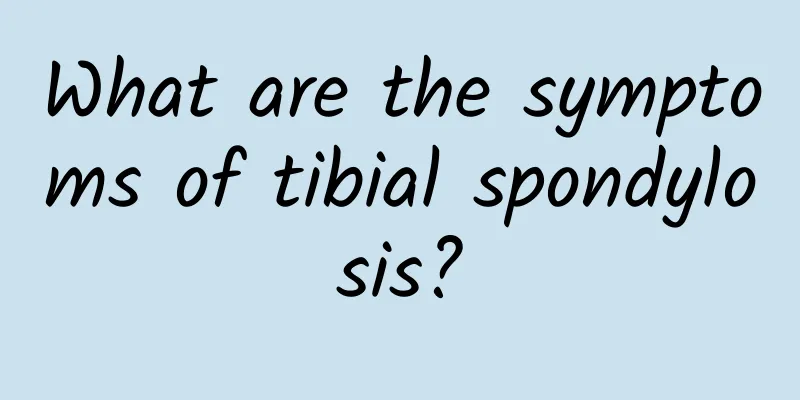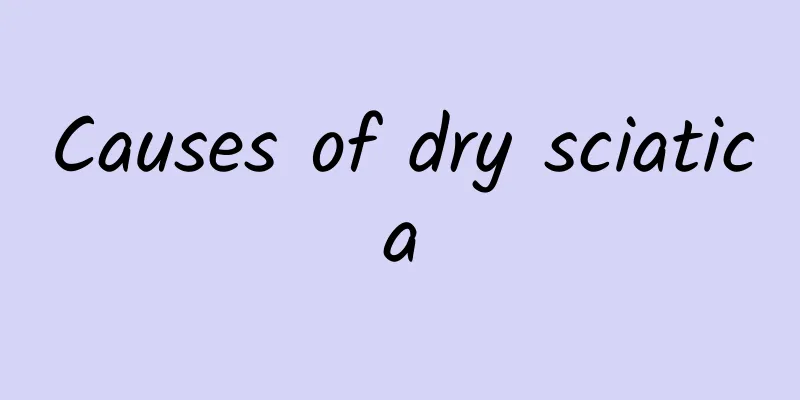Why is rabies afraid of water?

|
Rabies is also called hydrophobia. After the onset of rabies, the patient will not only be afraid of light and water, but also afraid of wind. Therefore, when these problems arise, the patient will panic, be afraid, and may even become overly excited. It is extremely difficult to stabilize the emotions. This is also a symptom of rabies after the onset of the disease, which will cause general discomfort and cause trouble to the body. The original name of rabies was "hydrophobia", which is probably the main reason why ordinary people think that rabies patients are "afraid of water".In fact, even the "hydrophobia" of rabies is not as literal as "being scared after seeing water", for example: It's over, afraid of light, afraid of water, afraid of wind, etc._Rabies. In fact, this is not rabies, but more likely rabies phobia_Baidu Encyclopedia. Hydrophobia is actually a third party's description of the patient's symptoms. Because rabies virus is a neuroinvasive virus, it can cause neuropathy, sometimes causing a lowered excitation threshold of the neuromuscular junction, which can trigger a chain reaction under slight external stimulation - manifested as muscle spasms ("cramps"), etc., and the patient may show "terrible symptoms" at this time. In fact, in theory, any external stimulation may lead to the release of this condition. In severe cases, even without external stimulation, severe nerve damage alone can lead to corresponding symptoms. Clinically, "fear of light, water, and wind" are typical manifestations of rabies patients, while "no fear of water" can also be seen - the occurrence of these symptoms is simply determined by the location and degree of nerve damage. Typical rabies is here: Rabies - Symptoms To summarize: Early stage: Symptoms are atypical, nothing more than "low fever, loss of appetite, nausea, headache, fatigue, general discomfort, etc." In the early and middle stages, mild neurological and psychiatric symptoms appear, such as "fear and uneasiness", sensitivity to sound, light, wind, pain, etc., or abnormal sensations in the wound and its vicinity, such as numbness, itching, pain, and a crawling sensation. This means that the virus has already caused damage to the neurons. Middle stage: Typical fear of water, fear of wind, paroxysmal pharyngeal muscle spasms, difficulty breathing, difficulty urinating/defecation, etc. appear, which are mainly a series of symptoms caused by increased nerve excitability. Late stage: excessive excitement, good times after bad times, and paralysis symptoms appear. At this time, death is near. |
<<: Will Helicobacter pylori recur?
>>: Best foundation for dry skin
Recommend
When and how does the lung detoxify?
The lungs are one of the organs that are most lik...
Why do gums bleed when washing your face?
In daily life, bleeding gums sometimes occur when...
Blisters on lower lip
I believe many people have experienced blisters o...
Diet therapy for chronic pharyngitis
Chronic pharyngitis is relatively common at prese...
Treatment of neuralgic headaches
Headache is a phenomenon that many people have ex...
Why does chest pain occur when swallowing saliva?
Chest pain when swallowing saliva is a relatively...
What causes bruising of the skin?
Many people will find that purple bruises appear ...
Why do I keep sweating in my hair?
If a person has sweaty hair, it will seriously af...
Chronic Glomerulonephritis
There are many types of common diseases. Colds an...
How to dry Cynomorium songaricum
Most people are not very familiar with Cynomorium...
The decoction time of Chinese medicine is short
Most Chinese herbal medicines are used for brewin...
Gastric ulcer diet recipes
The stomach is very common in our daily life. Man...
What are the specific characteristics of spastic cerebral palsy? How to treat it?
Spastic cerebral palsy is a relatively common typ...
Effects and functions of ice flower
Many people don’t know much about ice flower, als...
What is the difference between prickly heat and allergies?
Many friends cannot differentiate between prickly...









